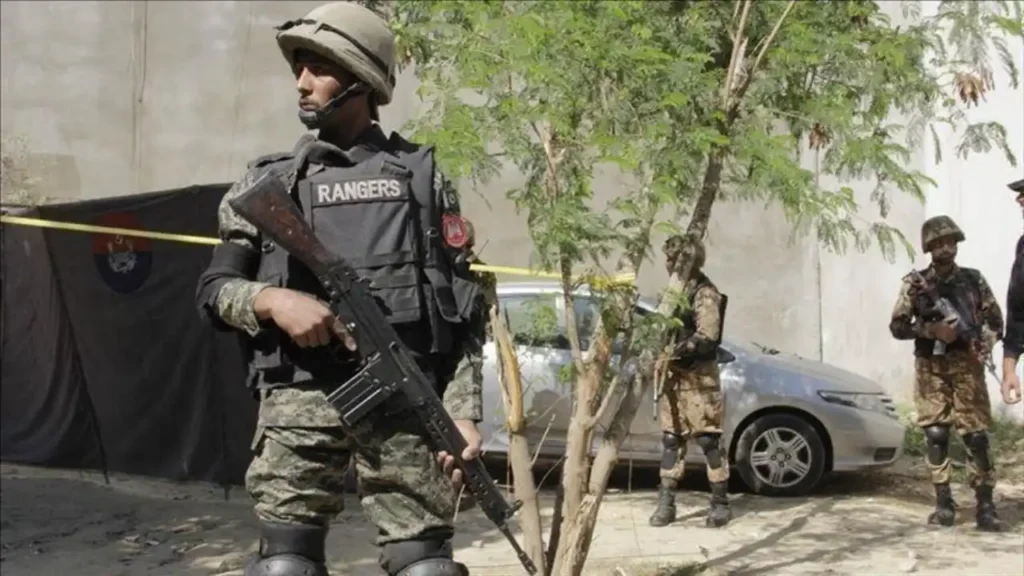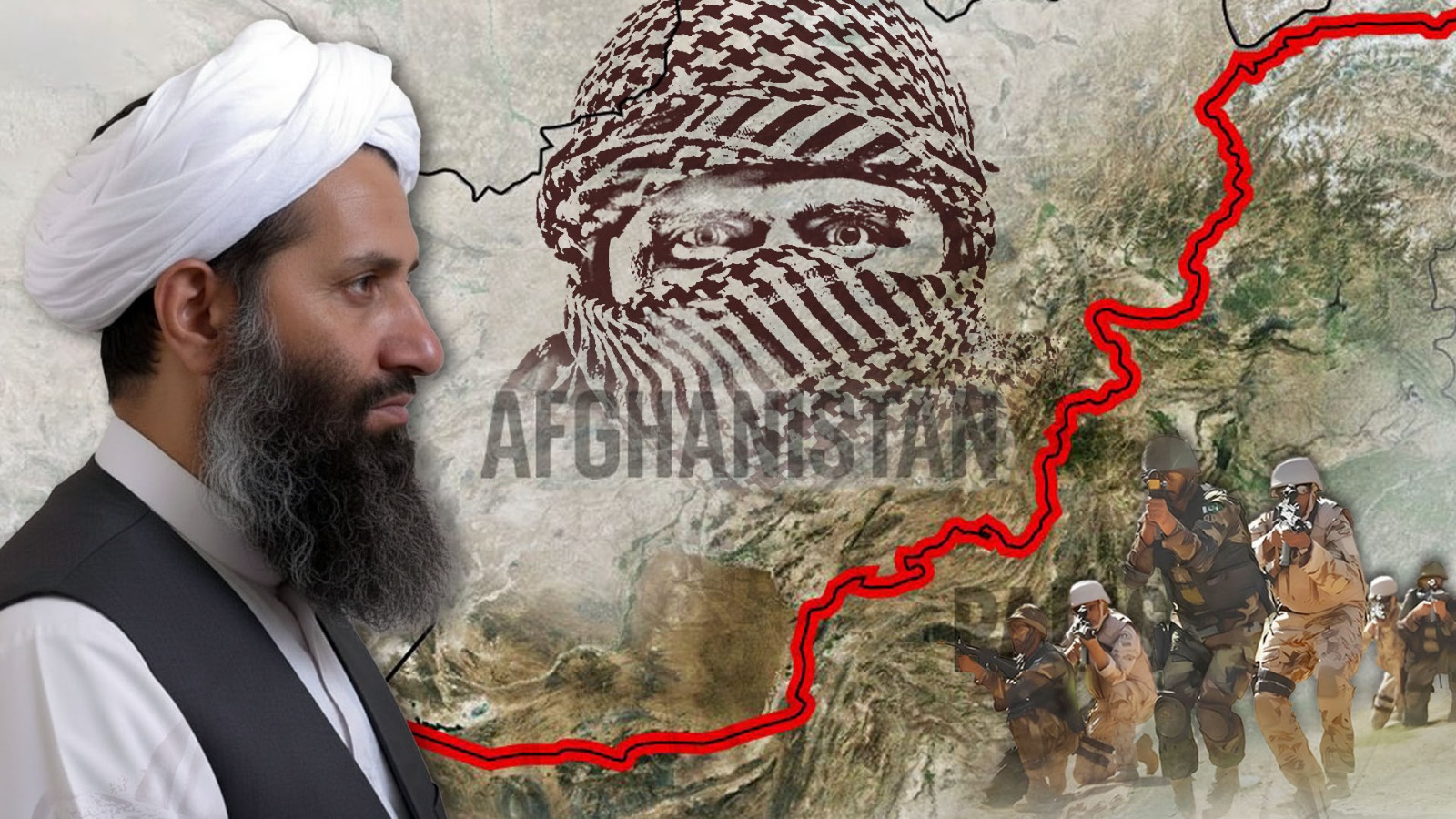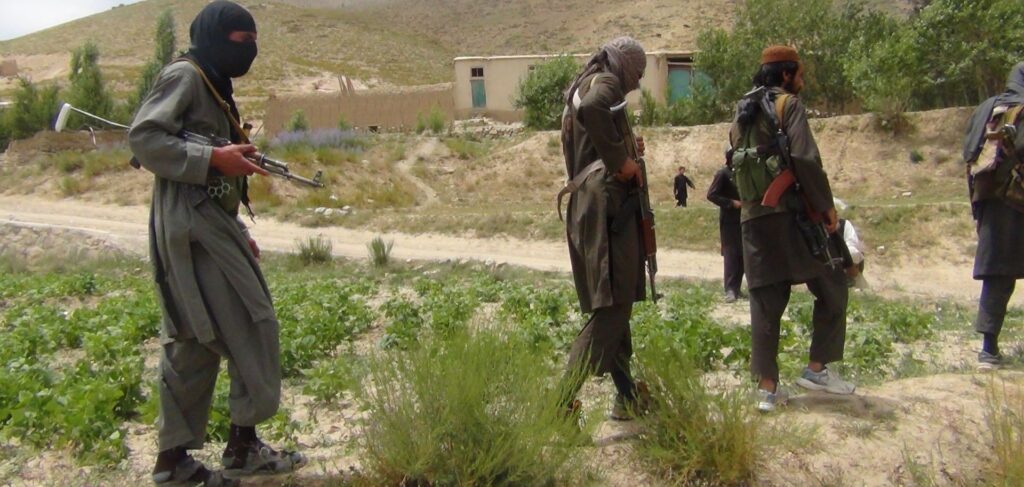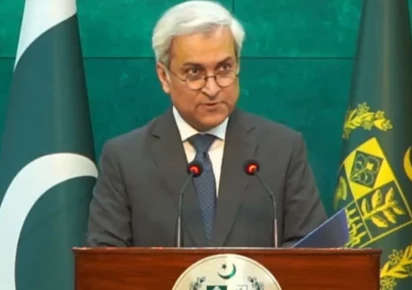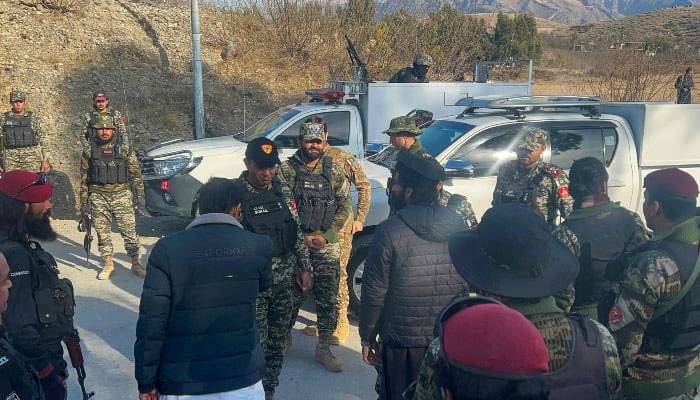by Riaz Hussain
Pakistan’s fight against resurgent militancy is faltering, not only due to cross-border threats but also because of deep internal political rifts. According to The Diplomat, a U.S.-based publication on Indo-Pacific security and politics, differences between the federal and Khyber Pakhtunkhwa (KP) governments have made it nearly impossible to form a unified national counter-terrorism strategy.
Senior analyst and journalist Riffat Ullah Orakzai, while speaking to Khabar Kada, warned of a troubling lack of clarity in Pakistan’s war on terror—both between Islamabad and Peshawar, and even within the security establishment itself. He noted that the KP government has often opposed military operations against terrorists, while the federal government has failed to stand firmly with the province. “This disunity is fueling insecurity,” he cautioned, adding that terrorist attacks and targeted killings are once again on the rise in KP and the former FATA region.
The situation has been further complicated by PTI founder Imran Khan’s recent statement from Adiala Jail, calling for an end to counter-terror operations in the province. Analysts say this stance has weakened the KP government’s position and deepened public dissatisfaction. Just yesterday, seven soldiers were martyred in an attack in Upper Dir, underscoring the severity of the crisis.
Since the Taliban’s return to power in Afghanistan in 2021, Pakistan has witnessed a sharp spike in militant attacks, particularly in KP and Balochistan. Yet instead of closing ranks, Islamabad and Peshawar appear to be pulling in opposite directions. A senior journalist writing for The Washington Post observed that while the federal government views military operations as the only viable response, the KP government continues to pursue peace talks with banned groups. This disconnect, he warned, has created political chaos, emboldening militants to escalate their attacks.
History has shown that negotiations with proscribed outfits only allowed them to regroup and rearm. During Imran Khan’s premiership (2018–2022), thousands of TTP militants and their families were allowed to return under a controversial rehabilitation initiative in Swat, a policy that sparked large public protests. Critics argued the move was an appeasement strategy toward the Afghan Taliban. In practice, the initiative backfired, with militants exploiting it to rebuild their networks and intensify cross-border attacks.
Learning from those failures, the current PML-N–led coalition and security institutions have ruled out talks with the TTP, insisting on forceful action. Yet experts point out that previous operations in KP have also failed to deliver lasting success. Militants continue to strike with deadly frequency: in one recent operation, 19 militants were killed in Mohmand, North Waziristan, and Bannu after an assault on a camp in Bannu left six soldiers dead. In Bajaur, a bomb exploded during a cricket match, killing one and injuring several others. Meanwhile in Balochistan, an IED blast in Naushki claimed the lives of Frontier Corps personnel and injured civilians.
These relentless attacks highlight Pakistan’s urgent need for a consensus-based counter-terrorism strategy. Experts stress that without political unity and a clear, coordinated security policy backed across the spectrum, militancy will continue to destabilize the country. “The absence of unity has left Pakistan vulnerable at a time when militant threats are multiplying,” experts warn.

